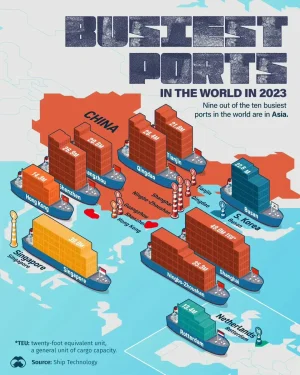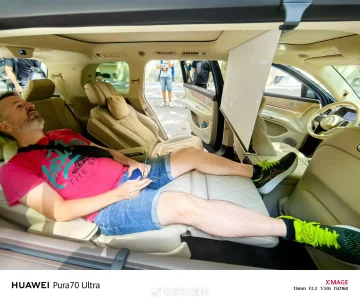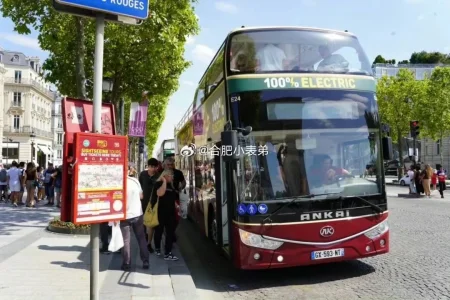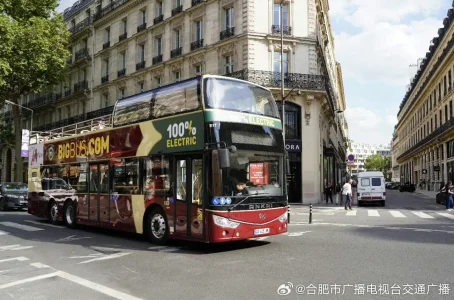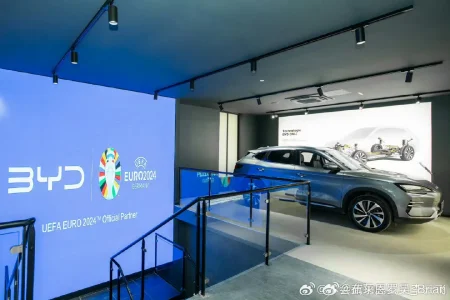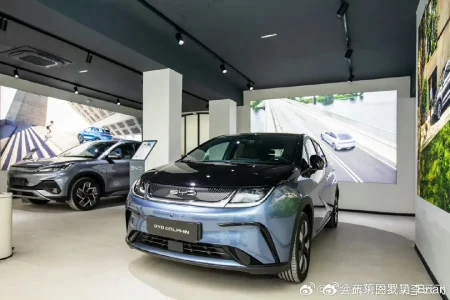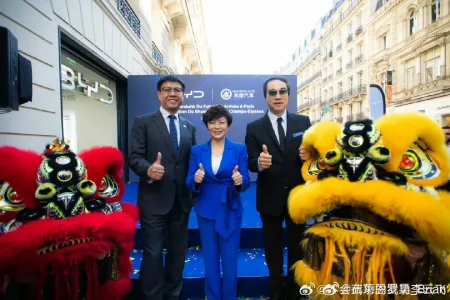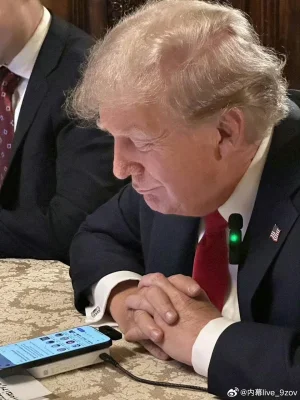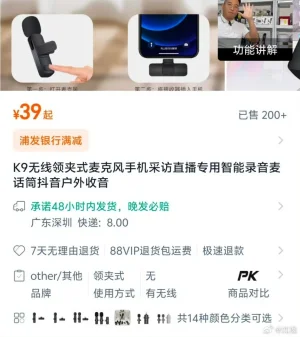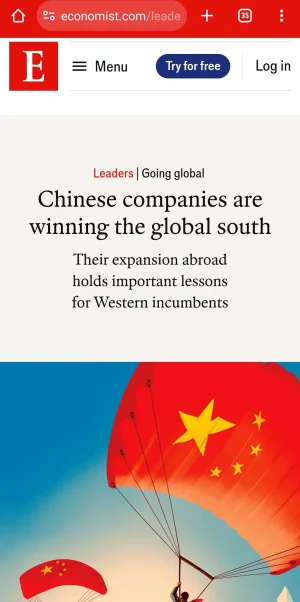- Joined
- Jul 3, 2024
- Messages
- 1,718
- Likes
- 2,292
Why do not you say i do not think you have recieved more tech transfers than China.“China is not superior in technology even to Mexico,"
Sorry, I don't think Mexican technology is comparable to China's.
You have a very distorted view of the capacity of China.
Technology is not a fetish that only superior races have.
Technology is the result of the needs humans have, got it?

MXP-650 – “AMIGO-S”
I will ask is WACSA an inferior company?
The answer the MXP-650 is a light aircraft, thus it is in a niche for some type of needs.
Is it a jet?
No, it is not; build a propeller aircraft responds to a realistic need of lower speed, lower price, because a jet spends more fuel.
So tell me C9019 is more advanced?
The reality is not because aircraft fill needs; C919 does not fill the needs for MXP-650 was made for.
Why Colombia does not make a Jet?
Answer simple market and profits.
A jet demands more expenses and very large numbers.
A-320 has made 10000+ and Boeing 737 10000+ so tell me how many aircraft C919s have to make a profit very likely around 500, no orders, real aircraft.
Why then Mexico has not a larger program?
Simple by being providers your investment is lower and profits higher.
Good luck C919 has not even made enough to pay for its investment and research.
Chinese electric vehicle maker WM Motor files for bankruptcy
Company blames COVID, quiet capital market and rising raw material prices
Chinese electric vehicle maker WM Motor files for bankruptcy
Company blames COVID, quiet capital market and rising raw material prices
Chinese EV makers in bankruptcy crisis

Chinese EV makers in bankruptcy crisis
Amidst a cutthroat battle for nearly a year in 2023, the Chinese auto market is expected to experience a major elimination round in 2024 with models that have lower-than-expected sales likely to be forced out of the market. Some automakers may also need to quit the auto business to strive for...
www.digitimes.com
Please use the sharing tools found via the share button at the top or side of articles. Copying articles to share with others is a breach ofFT.com T&Cs and Copyright Policy. Email licensing@ft.com to buy additional rights. Subscribers may share up to 10 or 20 articles per month using the gift article service. More information can be found here.
https://www.ft.com/content/43da3223-2311-4b73-97d9-83d20baedc6a
There are approximately 50 domestic EV brands in China that produce pure-electric cars and plug-in hybrids, according to information compiled by research company MarkLines.But by 2030, “there will be between 10 and 12 major Chinese automakers operating on a large scale”, said UBS analyst Paul Gong.Since Tesla sparked a price war in China late last year, the pace of industry consolidation has picked up. WM Motor, another EV start-up based in Shanghai founded by a former chair of Volvo China, told creditors last week that it had started restructuring proceedings in early October.Other Chinese companies Singulato Motors and Levdeo became involved in bankruptcy proceedings in recent months, while Shanghai-based EV start-up Enovate suspended production in April.

Chinese electric vehicle groups braced for wave of consolidation
Automakers confront uncertain future after 10-year investment boom

Estos son 12 curiosos productos colombianos de exportación que posiblemente no conocía
Más allá del café y las esmeraldas, Colombia brilla en el mercado global con productos innovadores que están conquistando el mundo

“I have the philosophy that an aircraft should be built with the criterion that a human being is going to ride in it, that is why, at present, I have close to 700 planes flying around the world and so far there have not been any accidents in any of them,” says Tedesco proudly.

La asombrosa historia de los aviones “made in Colombia” que lograron ganarse un sitio de honor en cielos internacionales
Máximo Tedesco desde su empresa en el Valle del Cauca ha exportado sus aeronaves a distintos puntos del planeta desde hace más de 50 años, ya cuenta con certificación en Europa y puede decir con orgullo que ninguno de sus aparatos ha sufrido un accidente
did you know that Colombia exported light aircraft? so far they have exported more aircraft than COMAC
Last edited:



